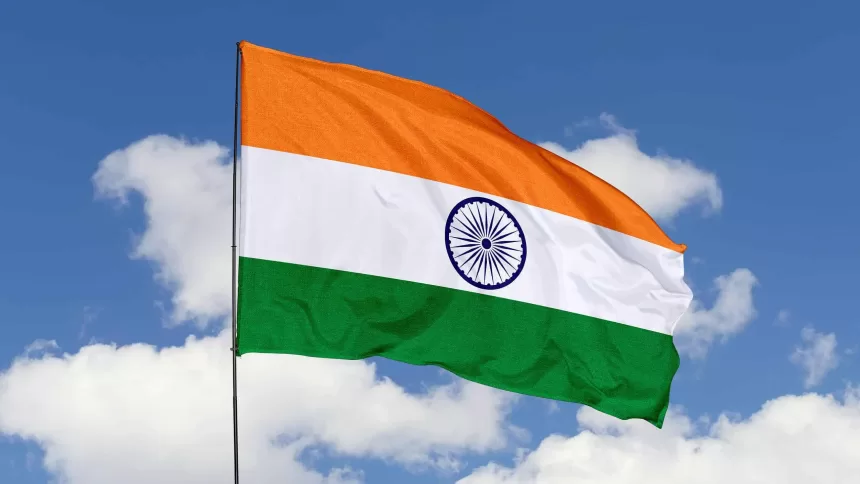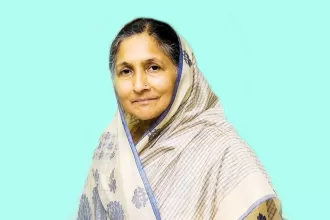Understanding the Fundamental Rights of India is very important for citizens of its country. The Constitution of India is a legal document that outlines the fundamental rights of all citizens. These fundamental rights are the basic rights that every citizen is entitled to, irrespective of their caste, creed, gender, or religion. In this article, we will provide you with an overview of the fundamental rights of India.
Right to Equality
Article 14-18 of the Indian Constitution guarantees the right to equality to all citizens. It includes the right to equality before the law, the prohibition of discrimination on the grounds of religion, race, caste, sex, or place of birth, and equal opportunities in matters of public employment. Right to equality before the law.
Read More: Discovering Delhi: 10 Must-Visit Iconic Attractions and Places to Explore in India’s Capital City
Right to Freedom

Articles 19-22 of the Constitution guarantees the right to freedom to all citizens. It includes the freedom of speech and expression, the freedom to assemble peacefully and without arms, the freedom to form associations or unions, and the freedom to move freely throughout the territory of India.
Right against Exploitation
Articles 23-24 of the Constitution guarantees the right against exploitation to all citizens. It includes the prohibition of trafficking in human beings, forced labor, and child labor.
Right to Freedom of Religion
Article 25-28 of the Constitution guarantees the right to freedom of religion to all citizens. It includes the freedom to profess, practice, and propagate any religion, and the right of religious minorities to establish and maintain their own institutions.
Cultural and Educational Rights
Articles 29-30 of the Constitution guarantees cultural and educational rights to all citizens. It includes the right of minorities to preserve their language, script, and culture, and the right of all citizens to access education.
Right to Constitutional Remedies
Article 32 of the Constitution guarantees the right to constitutional remedies to all citizens. It includes the right to move to the Supreme Court of India for the enforcement of fundamental rights.
Conclusion
The fundamental rights of India are the basic rights that every citizen is entitled to. What are the fundamental rights in the constitution. These rights form the cornerstone of Indian democracy and are essential for the protection and preservation of individual liberty and human dignity. Understanding these fundamental rights is crucial for every citizen, as it helps in safeguarding our rights and ensuring that they are respected and protected. it is important for national matters.





